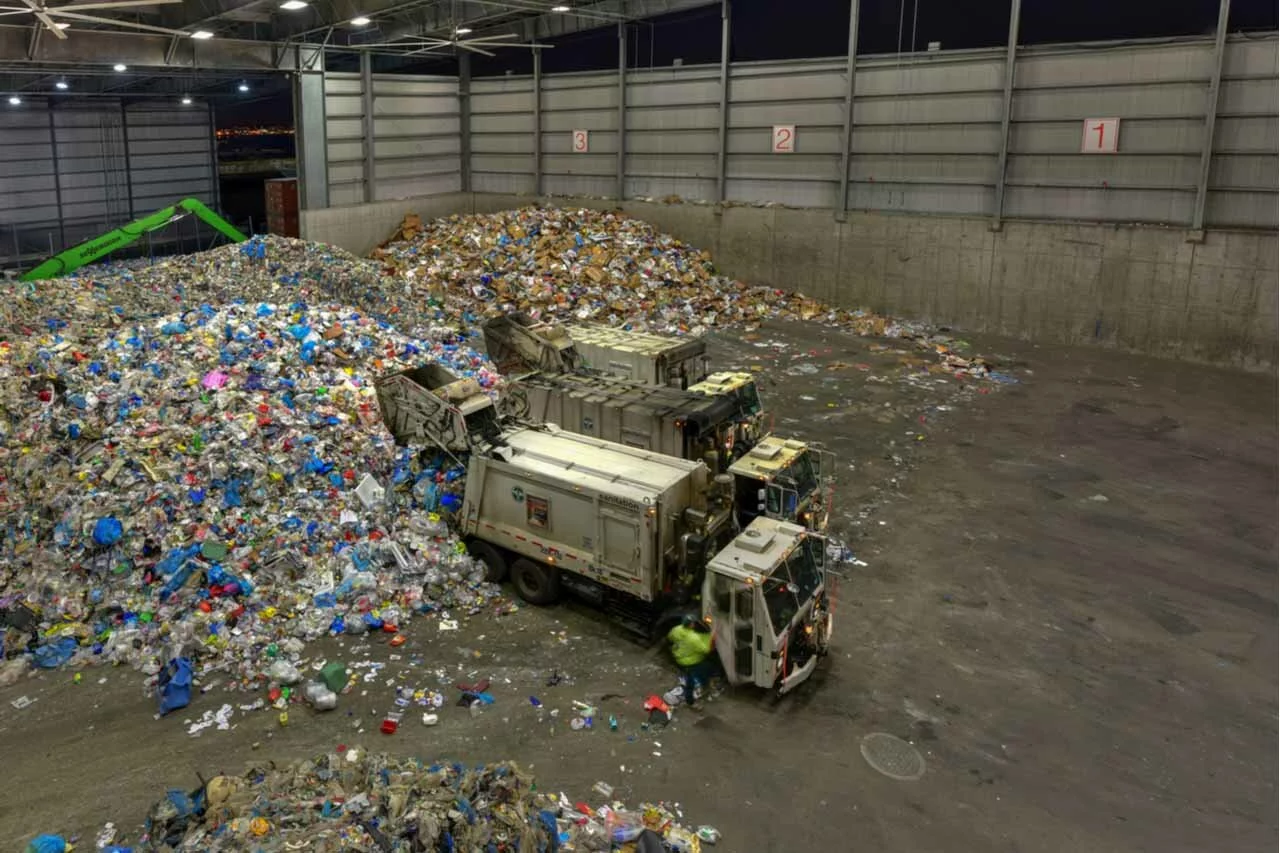Challenges Faced by the Plastic Recycling Industry:
- Disruption in the Supply Chain: The plastic recycling industry faced immediate challenges due to disruptions in the supply chain caused by lockdowns, travel restrictions, and reduced economic activities. Collection systems were hampered as recycling facilities and waste management services experienced limitations in operations. This led to a decrease in the availability of recycled materials, impacting the overall production of recycled plastic products.
- Increased Single-Use Plastics: The surge in demand for single-use plastics during the pandemic, driven by safety concerns and a rise in e-commerce, presented a paradox for the recycling industry. While the need for disposable items increased, the environmental impact of such products escalated. This emphasized the urgency for sustainable alternatives and innovative recycling solutions to counteract the environmental consequences of heightened plastic consumption.
Opportunities for Growth and Innovation:
- Public Awareness and Environmental Concerns: Despite the challenges, the pandemic also brought increased public awareness regarding environmental issues. The visible impact of reduced human activity on pollution levels prompted individuals and businesses to reconsider their ecological footprint. This heightened awareness created an opportunity for the plastic recycling industry to advocate for sustainable practices and encourage a shift towards a circular economy.
- Innovation and Technological Advancements: The adversity posed by the pandemic prompted the plastic recycling industry to accelerate innovation. Advancements in recycling technologies, such as improved sorting and processing techniques, gained prominence to enhance efficiency and output. Additionally, investments in research and development aimed at creating more sustainable and easily recyclable materials saw increased interest, positioning the industry for long-term growth.
- Policy and Regulatory Changes: Governments worldwide recognized the importance of resilient waste management systems during the pandemic. Consequently, there was an increased focus on developing and enforcing regulations to promote sustainable practices within the plastic recycling industry. Policy changes aimed at reducing single-use plastics, incentivizing recycling initiatives, and promoting a circular economy gained traction, providing a regulatory framework for the industry’s future.
